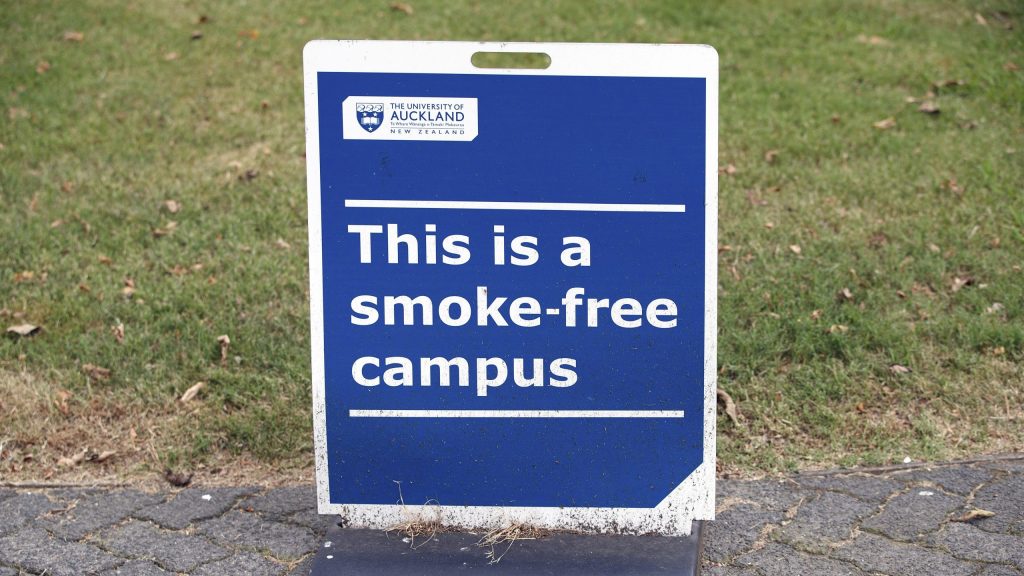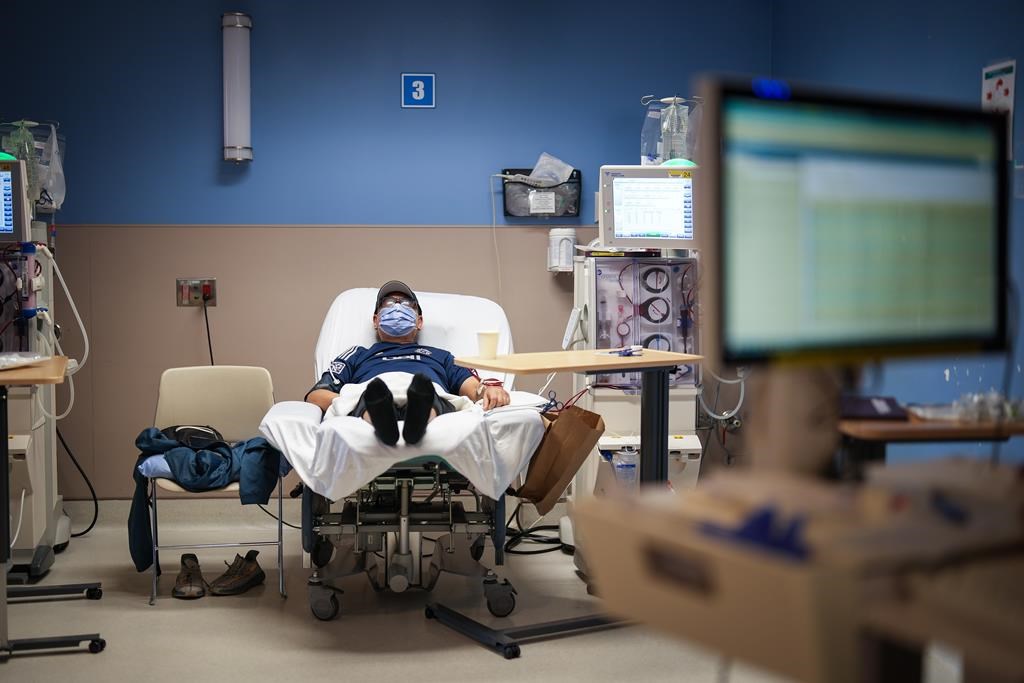South Africa: former leader of hit squad for apartheid government dies of kidney failure
Posted Mar 7, 2013 11:43:15 AM.
This article is more than 5 years old.
JOHANNESBURG – Dirk Coetzee, a former commander of a covert police unit in apartheid-era South Africa who confessed to involvement in the extra-judicial killings of black activists, has died of kidney failure, a hospital said Thursday. He was 57.
Coetzee had served as the leader of a state hit squad known as Vlakplaas that targeted activists who opposed white minority rule. He later switched his loyalty to the anti-apartheid movement and was granted amnesty for his role in the killing of African National Congress members in 1997, three years after the election of its leader, Nelson Mandela, as the country’s first black president.
Ineke Jonker, spokeswoman for the Life Wilgers Hospital in Pretoria, said Coetzee died on Wednesday.
Although Coetzee provided information about the slaying of anti-apartheid activists to investigators, his death leaves questions unanswered about a number of 1980s-era killings as well as differing views over whether his confessions were motivated by genuine regret or a desire to avoid punishment under the country’s new leaders.
Coetzee’s story feeds into a broader debate about reconciliation in South Africa, whose citizens drew global praise for negotiating an end to apartheid and averting even higher levels of bloodshed during a jittery transition of power. The Truth and Reconciliation Commission, an investigative panel also known as the TRC, granted amnesty to Coetzee and many others who confessed to human rights violations in a kind of national therapy session designed to bring factions together.
Some South Africans, however, believe more perpetrators of atrocities should have been punished. Much of the response on Twitter to Coetzee’s death condemned his actions.
“So Dirk Coetzee’s dead. I wonder what stories died with him, and how many more apartheid crimes will go to the grave,” one person tweeted. Another posted: “Dirk Coetzee’s death has me thinking about the Nuremberg Trials. Would that model have brought more closure than TRC?”
Coetzee, who fled South Africa in 1989 and pledged allegiance to the ANC, returned in 1993 and was a witness at the trial of former police Col. Eugene de Kock, the highest-ranking police official convicted of crimes during apartheid.
“I would say Coetzee was motivated by self-preservation,” said Jacques Pauw, author of two books on apartheid-era killers and death squads who interviewed Coetzee many times. “Everyone knew apartheid couldn’t go on, there were already rumbles about police death squads, so Coetzee knew that if he became the first to confess, he would not go to jail.”
Pauw said Vlakplaas operatives took some victims to a riverside farm on the border with Mozambique.
“On the banks of the river, they were shot, died and their remains were burned on piles of worn tires,” Pauw said. “For six or eight hours, while the bodies were being cremated, the police would be having their own barbecue and drinking brandy and rum.”
In testimony to the Truth and Reconciliation Commission, Coetzee confessed to plotting the 1981 murder of attorney Griffiths Mxenge, who was stabbed numerous times and struck on the head with a wheel spanner.
In granting amnesty for Mxenge’s killing, the commission concluded that Coetzee and two accomplices “considered this to be an act performed as part of their duties as policemen on the instructions of senior officers who would undoubtedly have satisfied themselves as to the necessity for it.”
It also noted that Coetzee had since acknowledged his actions to be “unjustifiable.”
Dr, Anthea Jeffery, head of special research at the South African Institute of Race Relations, said there were discrepancies between Coetzee’s testimony about the murder of Mxenge and forensic evidence gathered after his death. In her book “People’s War,” Jeffery wrote that Coetzee hated the South African police after he was dismissed from the force in 1985, and saw “a great future for himself” in the ANC, which later provided financial aid to him.
She also wrote that he often committed perjury and fabricated evidence.
“Though Vlakplaas clearly became involved in extra-judicial executions in the 1980s in its attempts to counter the ANC’s people’s war, Coetzee’s credibility is not that clear,” Jeffery wrote in an email.
Pauw, the author, said Coetzee leaves a wife and two sons, one living in London. In the last few years, Pauw said, Coetzee was losing his memory because he suffered from diabetes and that, when the two last spoke in August, the former police commander “couldn’t remember dates, events, names.”
___
Associated Press writer Michelle Faul in Johannesburg contributed to this report.










